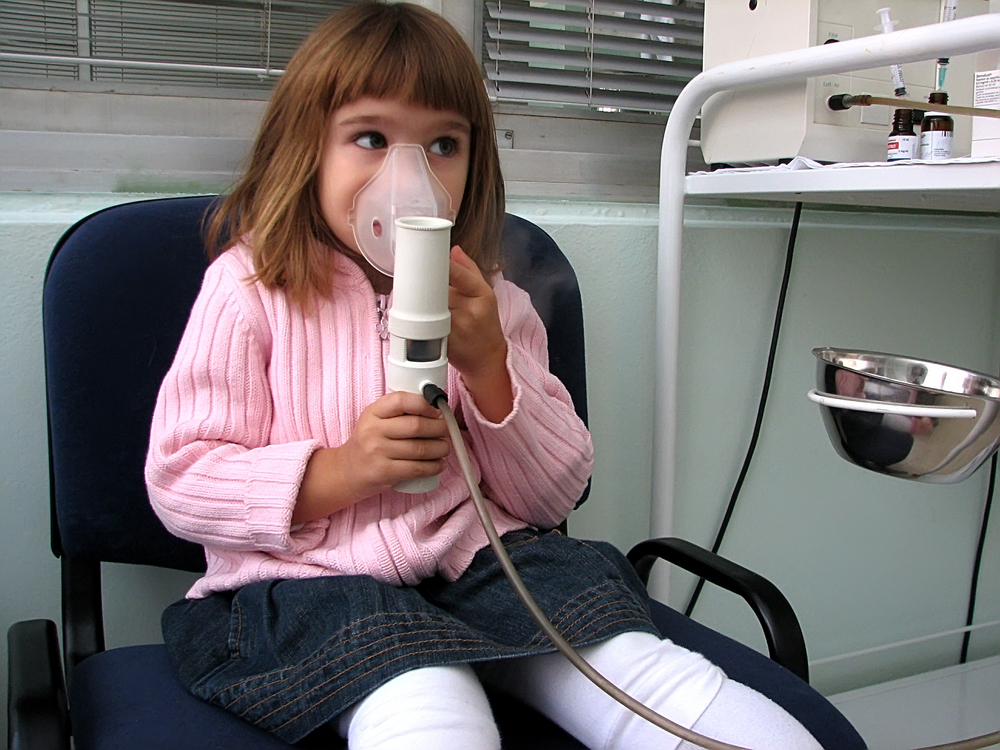Press Release
Should children be involved in clinical research?
Would you let your child take part in clinical research? How much say should children have in these decisions? Should they be encouraged? These and other such questions are at the heart of a new inquiry from the Nuffield Council on Bioethics, which has today opened a consultation on the ethical issues arising from children taking part in clinical research. The consultation seeks the views of young people, parents, professionals involved in clinical research with children and young people and anyone else with an interest in these issues.

Some people might have significant concerns about their child taking part in clinical research, particularly if it involves procedures which are likely to cause pain or distress, such as blood tests. Worries about putting children or young people at risk unnecessarily, and practical concerns about them spending extra time away from school or from home life are likely to be factors too. However, research involving children themselves is essential if doctors and scientists are to continue to develop new and effective treatments for childhood diseases, based on the best possible evidence. As it stands, many medicines given to children have not been tested in children, and hence the evidence about how they may react to them is limited.Current UK law presumes that those over 16, or younger than 16 with a sufficient level of understanding, have the capacity to consent to medical treatment for themselves (although their parents have the right to consent on their behalf up to the age of 18). But the law is not so clear for medical research – it all depends on whether or not the research takes the form of a clinical trial, and also on the age of the child. People hold different views on whether the systems for children’s treatment should be the same as those for clinical research involving children, and there is ongoing disagreement about how the concept of assent (a child’s agreement to go along with the proposed research) is used. An alternative approach to that of seeking separate parental consent and children’s assent is that of ‘collaborative’ or ‘shared’ decision-making, in which researchers and health professionals negotiate a single shared decision with the family as a whole.Katharine Wright, Assistant Director of the Nuffield Council, and leader of the project, said: “All of us would rightly hope that if our children were to become ill, their treatment would be based on robust and up-to-date scientific evidence. But we can’t simply extrapolate data from studies with adults, as children’s bodies react very differently. We need children themselves to take part in clinical research, and this raises a number of questions regarding best interests, consent procedures and the role that children themselves play in research decisions. What part should a 6, 8 or 10 year-old play in deciding whether or not they will be taking part in research? Should we encourage children to act altruistically, even at the cost of some temporary discomfort? Or should we be protecting them from any procedure that does not directly benefit their own health? We are interested in finding out what people think about these issues and why, and in hearing people’s views on the responsibilities of the researchers and clinicians involved”.The Council is looking into a range of forms of research, including: clinical trials of new medicines or vaccines, research comparing current treatments, research into psychological therapies, participation in long-term cohort studies or biobanks and observational and interview-based research. The views and evidence gathered during this consultation will inform the deliberations of an expert Working Party. The findings are expected to be published in a report in early 2015.The deadline for responses is 31 October 2013. Find out more about the Council's project 'Children and clinical research: ethical issues'.
Share